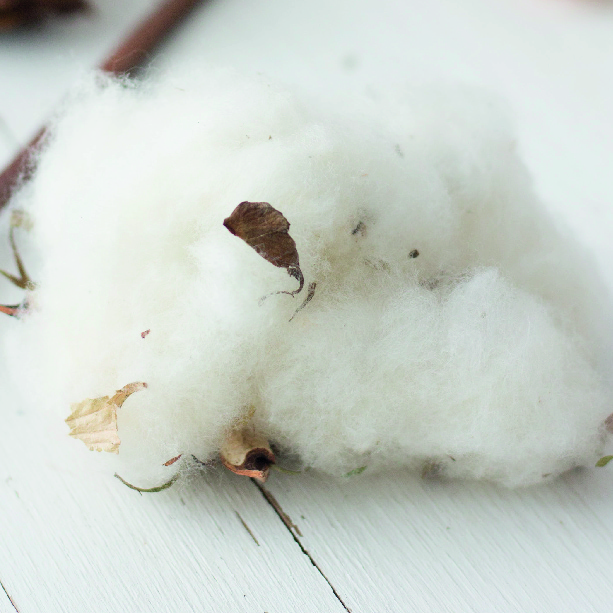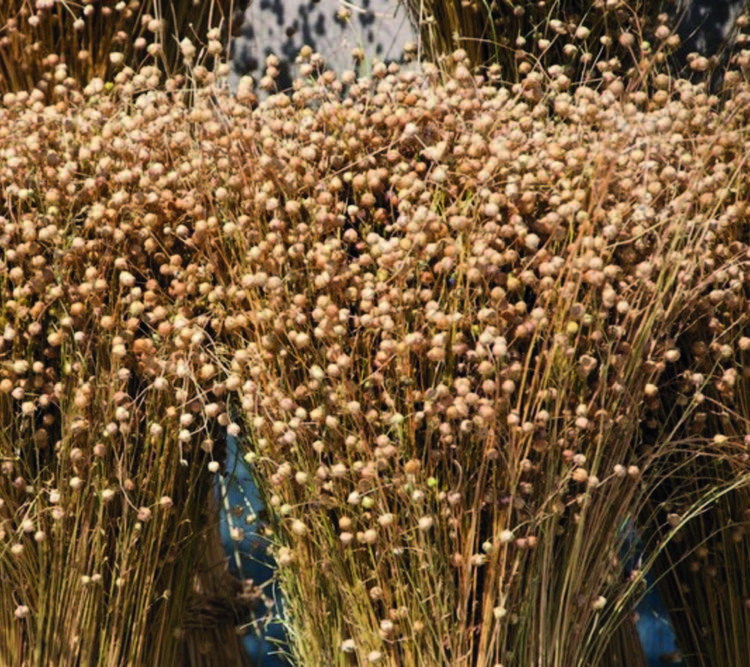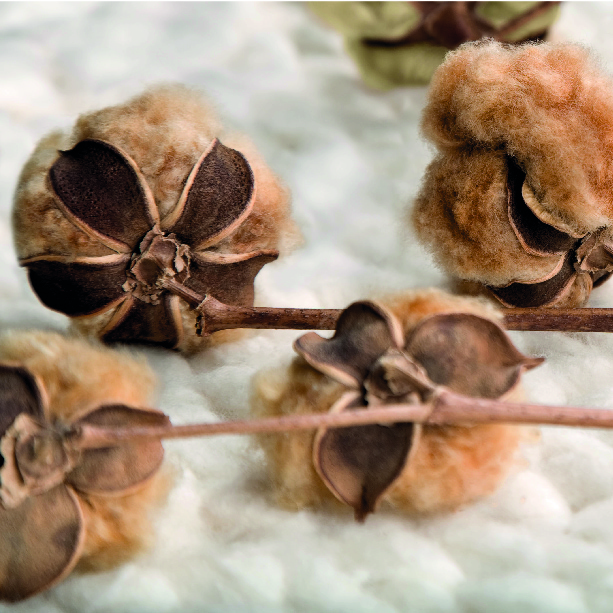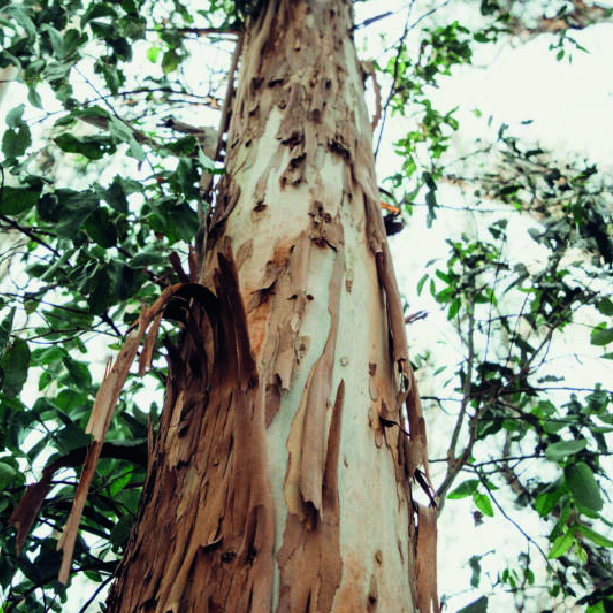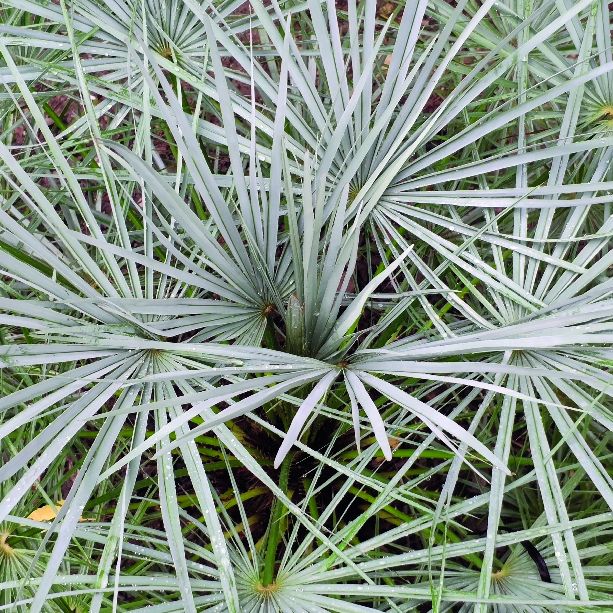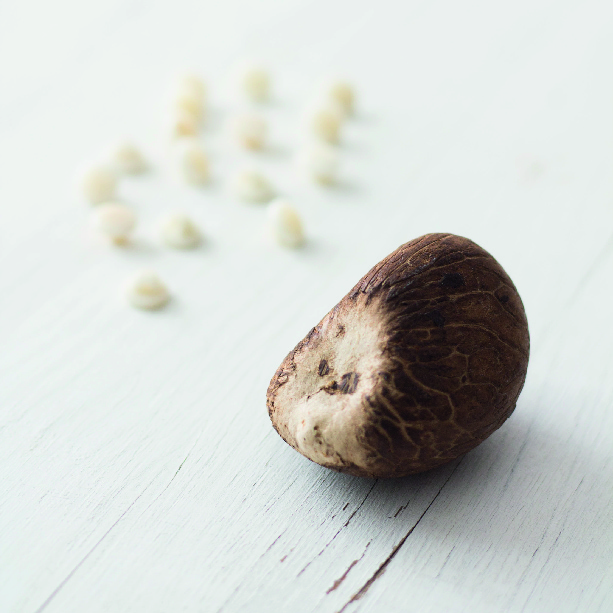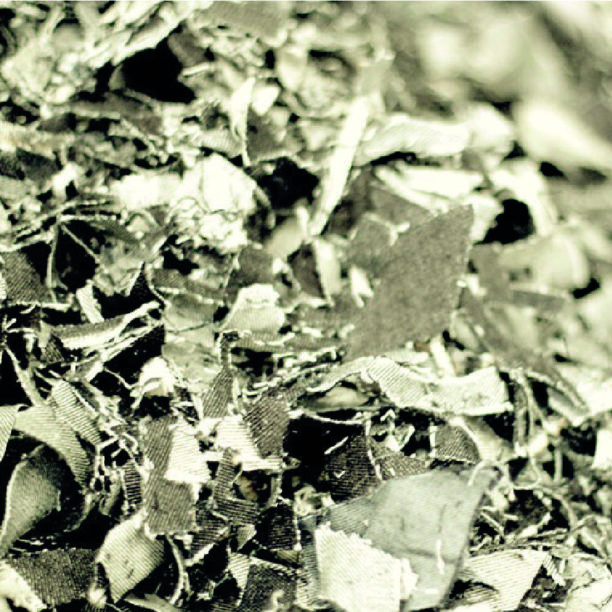Our materials are sourced from renewable resources carefully selected to offer quality, comfort and longevity. We look for independent certifications as Global Organic Textile Standard (GOTS),Occguarantee®
and Global Recycled Standard (GRS). We only select components that we can check the true origin of every raw material and manufacture country avoiding countries that don’t have high environmental safeguard standards in terms of waste and water treatment. We love organically natural grown colors as the dyeing section contributes to 15%-20% of the total waste water flow.


